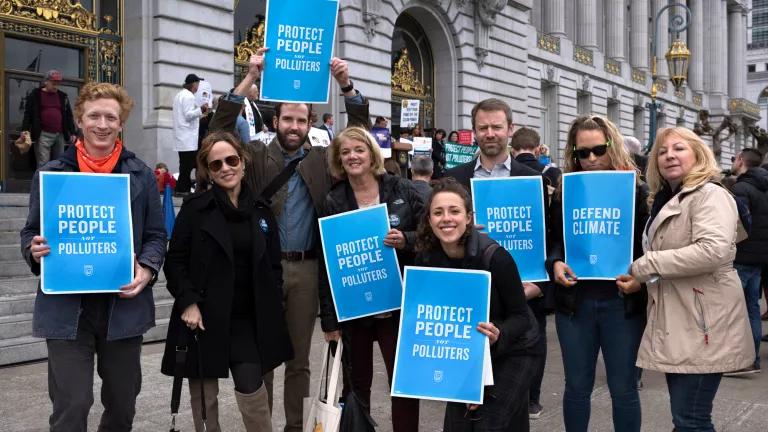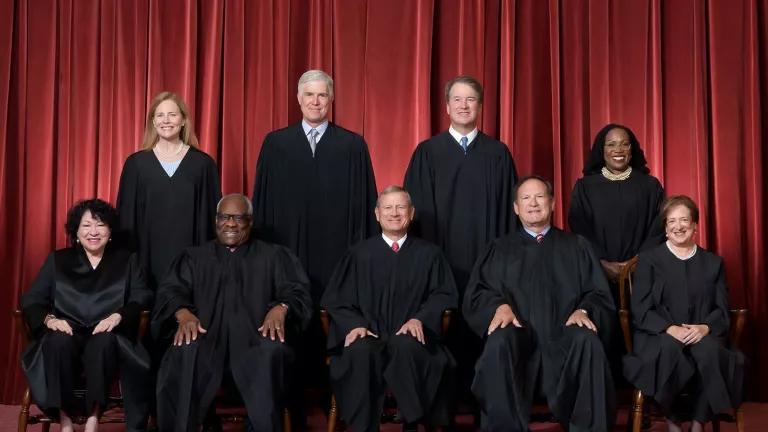A Court Just Saved Millions of Acres of Untouched National Forestland

The decision shot down Alaska’s challenge to the Roadless Rule, which protects 50 million acres throughout the United States from logging and road-building.
Yesterday, a Washington, D.C., district court rejected the state of Alaska’s latest attempt to scrap a 16-year-old rule that protects 50 million acres of wild national forests across 37 states.
The Roadless Area Conservation Rule, enacted by President Bill Clinton in 2001, protects the integrity of national forest wildlands by prohibiting damaging development, including commercial logging the construction of most roads. The rule was created for good reason—huge areas of our national forests have been logged, many of them clear-cut, and by 2000, the U.S. Forest Service was maintaining close to 400,000 miles of roads, more than the country’s entire interstate highway system.
But the timber industry—and states like Alaska where the industry holds a lot of influence—has for years been challenging these protections, and environmental groups, including NRDC, have fought off numerous efforts to overturn them. The state had sought to exempt the 17-million-acre Tongass National Forest, America’s largest, from the Roadless Rule, but the U.S. Supreme Court rejected that effort in March 2016. Yesterday’s decision in favor of groups represented by NRDC and Earthjustice applied to the nationwide rule—a huge victory for our pristine public lands, for the wildlife that inhabit them, and for future generations who will also be able to cherish them.
“This rule has weathered endless attacks by corporate interests and their allies,” says Niel Lawrence, NRDC’s Alaska director. “But it’s as enduring as the old-growth forest it protects. No rule has saved as much federal forestland from destruction. Now it has itself been saved, once again.”



